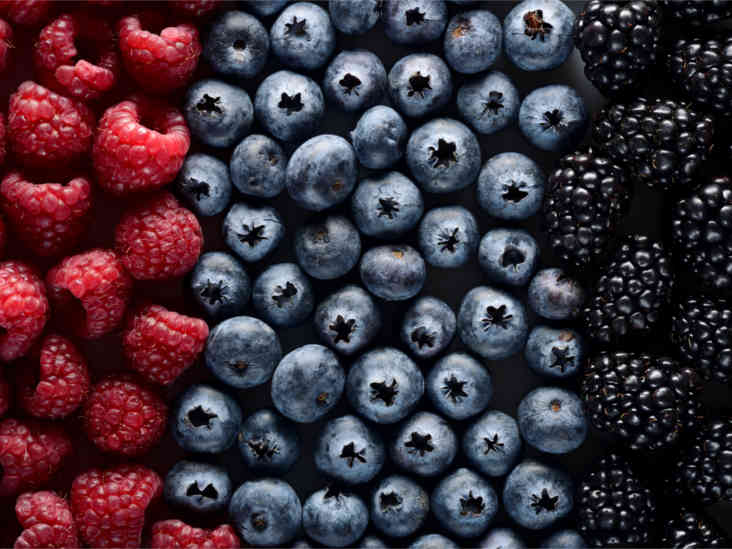The fact is we have power over our health, and the nutrition of our youth football athletes.
What we gobble up and swallow each day determines most how active and how healthy we are. Remember that your children will follow your eating habits now and in the future. If you are not eating the right way, it is likely you are passing this behavior to your kids whether you are aware of it or not.
While nutrition should be extensively taught in medical school, it is not, in fact, most doctors are not taught about the impact of healthy eating. Doctors aren’t paid to teach you how to better take care of yourself. That’s why you need to do the research yourself (or hire a qualified nutritionist).
Appreciate the value of good nutrition.
Form a set of principals and create a diet that consists of nutritional gain, this will produce immeasurable athletic and overall health performance. The essential point here is to load up on nutrients- on foods high on nutrition. The answer? Fruits and vegetables.
Parents and coaches need to step up and skip the snack bar at the field-house. Candy, cookies and soda are not nutritionally sound choices for your athletes. Gaining an edge on the field first starts at breakfast, lunch and dinner.
There are two food choices that your youth football athlete should be eating.
Fresh spinach helps to reduce the stress and muscle damage associated with sports exertion. For athletes, recovery is what’s key, credit spinach for accelerating recovery time due to its anti-inflammatory effects. You can throw fresh spinach leaves in anything you cook, or use fresh spinach in a juice/smoothie.
Berries consumption, specifically blueberries, are on the rise in the United States and for good reason. Antioxidant-rich berries help heal post-workout muscular tissue and assist with recovery after exercise. When I think of berries, I imagine the old Atari 2600 game Asteroids- the attacking asteroids are free radicals, and the bullets that we fire are antioxidant-rich berries.
Neon ‘sports drinks’?
Sports drink manufacturers are masters at advertising and influencing parents and athletes. They publish biased and sometimes confusing studies in medical journals to bewilder and sway us to purchase their drinks.
The following excerpt from Medicine and Science in Sports and Exercise, 377-390:
‘During exercises consuming beverages containing electrolytes and carbohydrates can provide benefits over water alone under certain circumstances’. Authors Michael Sawka, Louise Burke, et al., are collectively funded by the Gatorade Sports Science Institute.
It is important to do your own research and examine ingredients. And above all else, drink water.
